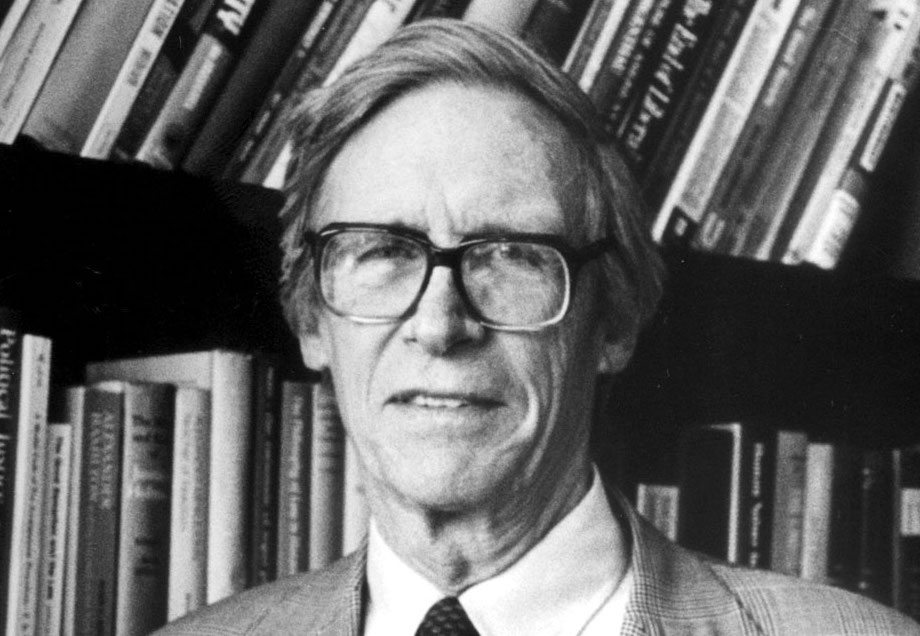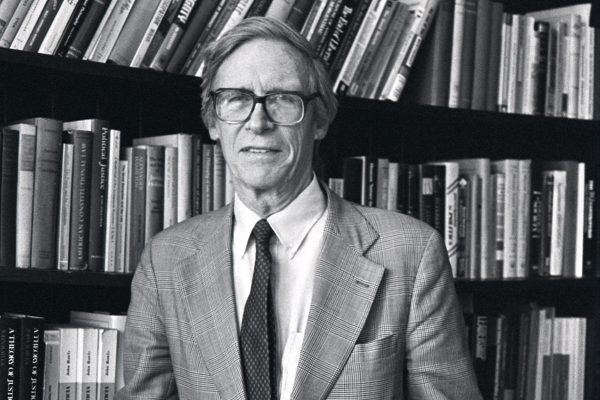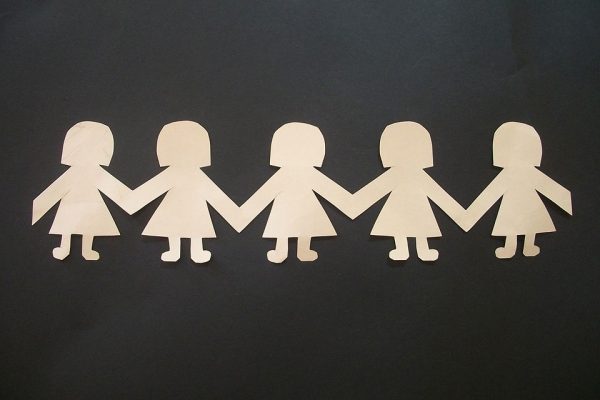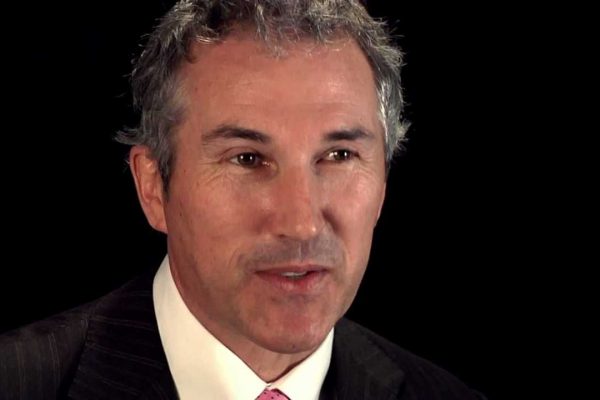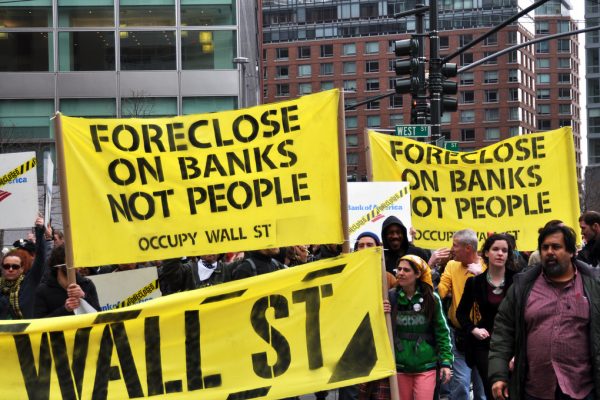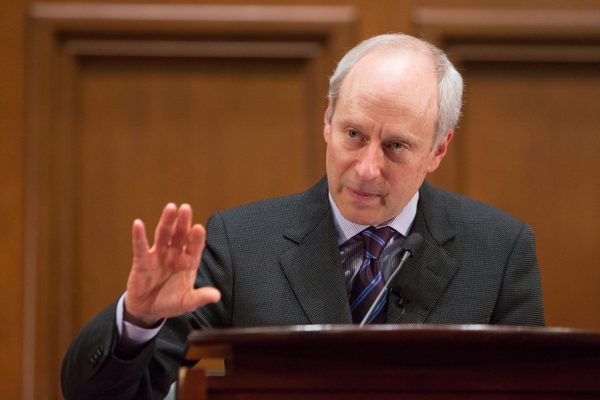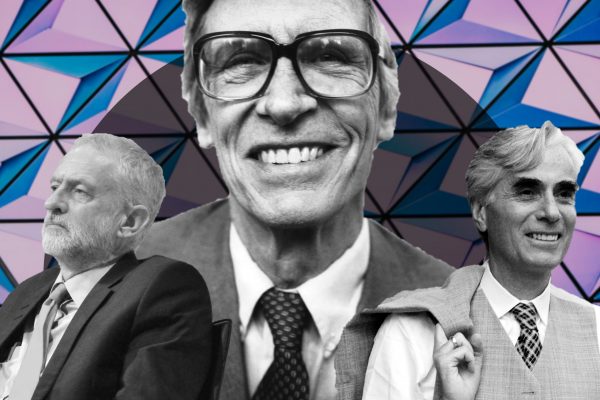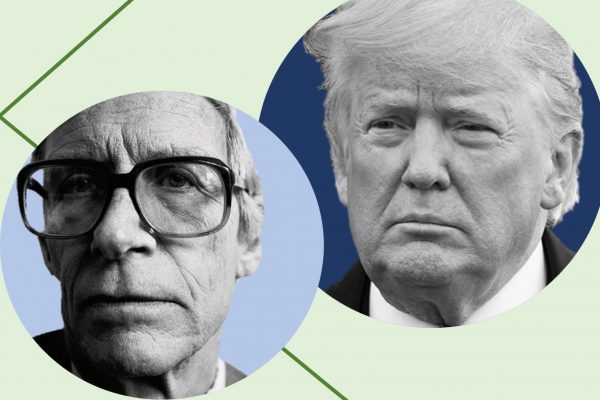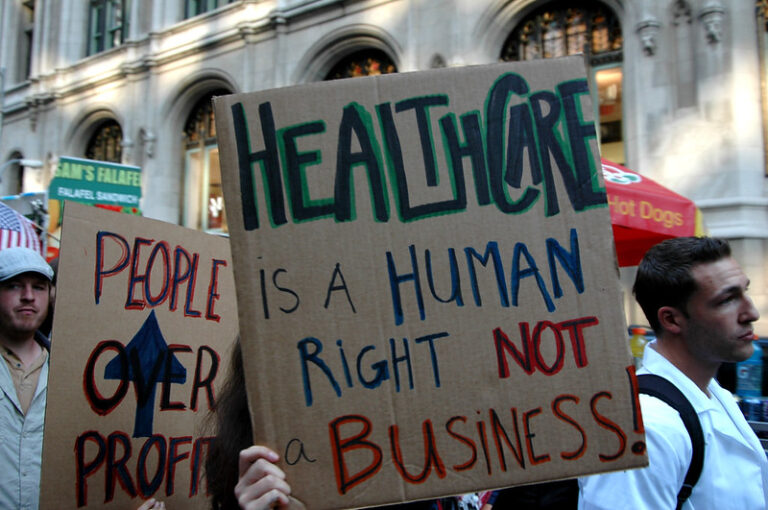The American political philosopher John Rawls was born in 1921 and published A Theory of Justice in 1971. In celebration of these 100th and 50th anniversaries, we provide this reading list of great Rawls-related essays that have appeared in Boston Review. One of the pieces is by Rawls himself, and came to us through Owen Fiss. Fiss sent us a 1981 letter that he had received from Rawls recounting a conversation with Harry Kalven—whose book, A Worthy Tradition (1988), shaped Rawls’s understanding of freedom of These two Rawls anniversaries provide not just an opportunity to read the essays below, but to take up their fundamental challenge: to use collective reasoning and imagination to create a more just world. speech—about the perfections of baseball. Rawls was also a regular reader of BR, which he described as “a jewel,” with “serious discussion at the highest level of pressing issues.” His most important contribution to BR comes from his conception of justice and democracy, which has helped to shape our editorial agenda.
In A Theory of Justice, Rawls presented an account of justice—he called it “justice as fairness”—that proposed a striking marriage of the values of liberty and equality. For much of the past century, the idea of a political philosophy devoted to both liberty and equality seemed to many people a contradiction in terms. Outraged by vast differences between the lives of rich and poor, egalitarians condemned classical liberals for giving undue attention to formal rights and liberties while remaining complacent in the face of grim inequalities of fortune on earth. Classical liberals, meanwhile, rejected egalitarianism for its paternalism and willingness to sacrifice human freedom in the name of a life-flattening equality. “Equality comes sharply into conflict with freedom,” Milton Friedman had written in Capitalism and Freedom (1962): “one must choose. One cannot be both an egalitarian . . . and a liberal.”
A Theory of Justice redefined the options. Justice as fairness embraced both an egalitarian ideal of fair distribution conventionally associated with socialist and radical democratic traditions and the personal liberties we associate with liberalism. The idea, Rawls said, was to achieve a “reconciliation of liberty and equality.” That idea—that we can simultaneously and whole-heartedly hold both strong egalitarian and strong liberal commitments—has informed our work for the past 30 years.
Along with this commitment to uniting liberty and equality, Rawls argued—especially in his 1993 book Political Liberalism—for a conception of democratic politics as an exercise of public reason. Reason, because political deliberation should appeal to principles, evidence, and argument. Public, because standards of reasoning can be shared among the members of a democratic society despite their disagreements about religious, moral, and philosophical Our editorial work operates in a Rawlsian spirit. We aim to reach beyond the like-minded to a diverse audience who share an openness to argument about the demands of justice and fairness. convictions. Here, too, our editorial work operates in a Rawlsian spirit. We aim to reach beyond the like-minded to a diverse audience who share an openness to argument about the demands of justice and fairness.
The following essays explore the power—and test the limits—of Rawls’s profound contributions to our understandings of justice and democracy. We hope you will use the occasion of these two Rawls anniversaries not just to read them but to take up their fundamental challenge: to use collective reasoning and imagination to create a more just world.
Rawls's radical vision for a better America.
Vivian Gornick reviews Michael J. Sandel's Justice: What's the Right Thing To Do?
The persistence of black poverty has become a permanent feature of U.S. democracy. We need an expanded political imagination to dismantle it.
For five decades Anglophone political philosophy has been dominated by the liberal egalitarianism of John Rawls. With liberalism in crisis, have these ideas outlived their time?
Does Trump’s success vindicate or undermine liberal theory?
Forum
How greater economic equality would promote public health.
